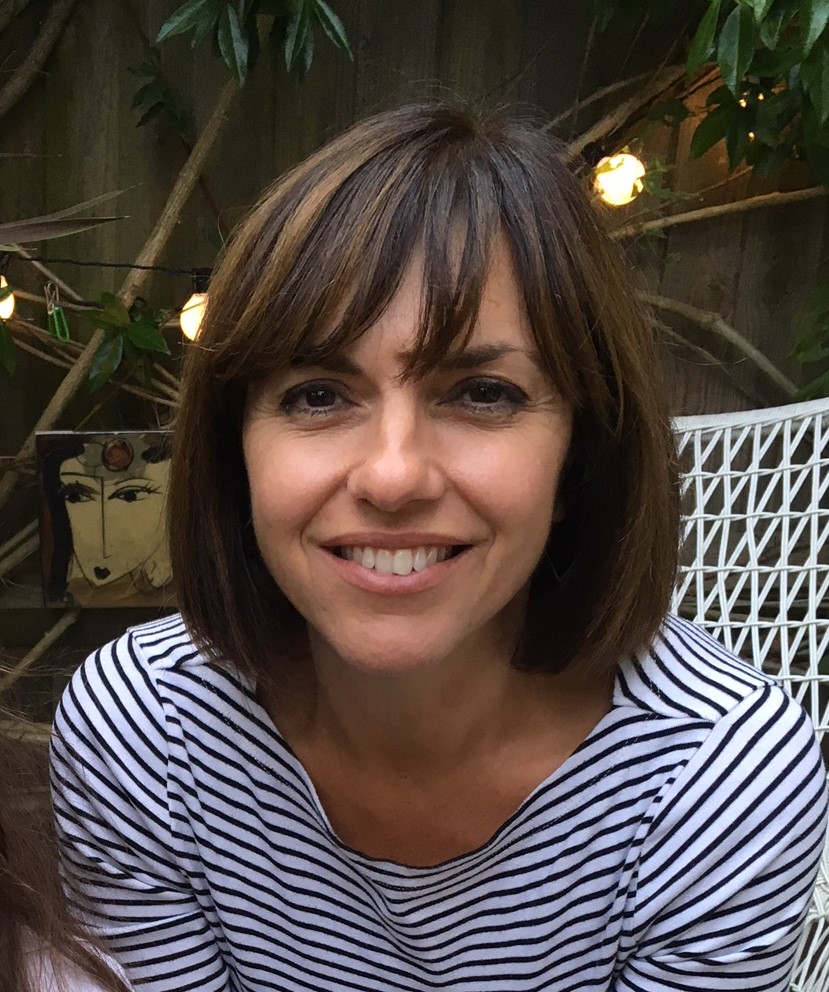5 styling dos and don'ts for bedrooms – from interior designer Gillian Segal
Vancouver-based interior designer offers her expertise on creating layered, inviting bedrooms


The time we spend in our bedrooms is crucial to our well-being. Good quality sleep aside, the bedroom should be a place that boosts our well-being, that invites us to linger and relax, and that offers a sanctuary.
So, as you start compiling bedroom ideas for your remodel, take note of Vancouver-based interior designer Gillian Segal's advice about what do to and not to do when styling a bedroom.
1. Layering is key to great bedroom design

'Layers and layering in interior design are the number one design element to a successful bedroom,' says Gillian. 'It is not just layering different materials throughout the space either, it is also about layering different types of window coverings and bedroom lighting or even bedroom wallpaper ideas.
'For example: having inset canned lighting as well as lamps and accent pendant lighting means that you have three different types of lighting sources all working together for the overall design of the room. While your client most likely would never use all of these types of lighting at the same time, having them in a room as an option depending on their mood and task in that space is more interesting for the eye as well as simply useful.
'Same goes with wallcoverings, the same paint throughout a space can be stale and boring to a design, but layering a different color or finish on the trim and ceiling or adding in a wallpaper element allows more texture for your eye to catch onto. Thus creating a really cozy and ambient space.'
2. Get the mood right

'For different clients this can mean different things and the first part of our job is asking how you want your bedroom to make you feel?' says Gillian. 'Do you want a space to help promote calmness and reduce anxiety? Do you want a space that energizes you when you wake up? Do you want a space that feels sexy and intimate? The overall vibe affects what we choose select.'
3. Drapery is important. How do you decide?

'Bedroom drapery adds such a warm element to a room, making it very important to design. First and foremost, you have to think about the functionality of the style and what the clients’ needs are,' advises Gillian. 'Do they need blackout drapes to sleep or do they prefer something lighter that accents the view of the windows?
Design expertise in your inbox – from inspiring decorating ideas and beautiful celebrity homes to practical gardening advice and shopping round-ups.
'Drapery can often come across disjointed with the rest of a room’s design, so make sure you are physically placing the window covering next to the other pieces that are going to be in the room, even if in the layout they aren’t going to be right next to each other. It is important to look at the space as a whole that interacts with each other. If all of the furniture in the room is light wood and linen fabrics then you need to make sure your drapery continues that airy feeling for consistency.
'Our clients are always surprised by the cost of custom drapery and then are always even more surprised by what a big difference this makes. Well appointed drapery not only provides needed functionality (privacy and light control) but also adds an incredible amount of softness to any room. When I'm in doubt, I always love a white linen drape – it feels both casual and formal at the same time.'
4. Include my favorite elements to create a cozy bed

Styling a bed is vital to Gillian's bedroom design aesthetic.
'I recently came across a beautiful linen company based here out of Vancouver called Somn Home – the quality is amazing and they have a great selection of unexpected colors and tones that move beyond that all-white bed that is overused in design.
'The key is to really add elements that first will function well while then layering in details (throws, accessory pillows, bedding, etc.) that will create a more sophisticated and pulled-together look. Linens can be a great place to start so that the layering won’t be too heavy.
'You can also swap out these details per season so you’re really maximizing the function and feel of your bed. For example, a lighter throw could be nice for spring while a heavier topper could make sense for winter.'
5. Back to bedroom lighting

'Again, different layers of lighting are really important,' advises Gillian. 'I see so many homes that are grossly under-lit, especially condominiums. Homes that are adequately lit are often mainly overhead lighting (pot/recessed) which is great for ambient lighting but is not particularly warm or flattering.
'To create a warm, flattering and of course, a bright lighting scheme, be sure to incorporate light at a variety levels. Add floor and table lamps where appropriate and sconces where possible. Pro tip: many retailers offer sconces in plug-in versions if you don’t want to get into the mess of adding a new junction box.'

Lucy Searle has written about interiors, property and gardens since 1990, working her way around the interiors departments of women's magazines before switching to interiors-only titles in the mid-nineties. She was Associate Editor on Ideal Home, and Launch Editor of 4Homes magazine, before moving into digital in 2007, launching Channel 4's flagship website, Channel4.com/4homes. In 2018, Lucy took on the role of Global Editor in Chief for Realhomes.com, taking the site from a small magazine add-on to a global success. She was asked to repeat that success at Homes & Gardens, where she has also taken on the editorship of the magazine.